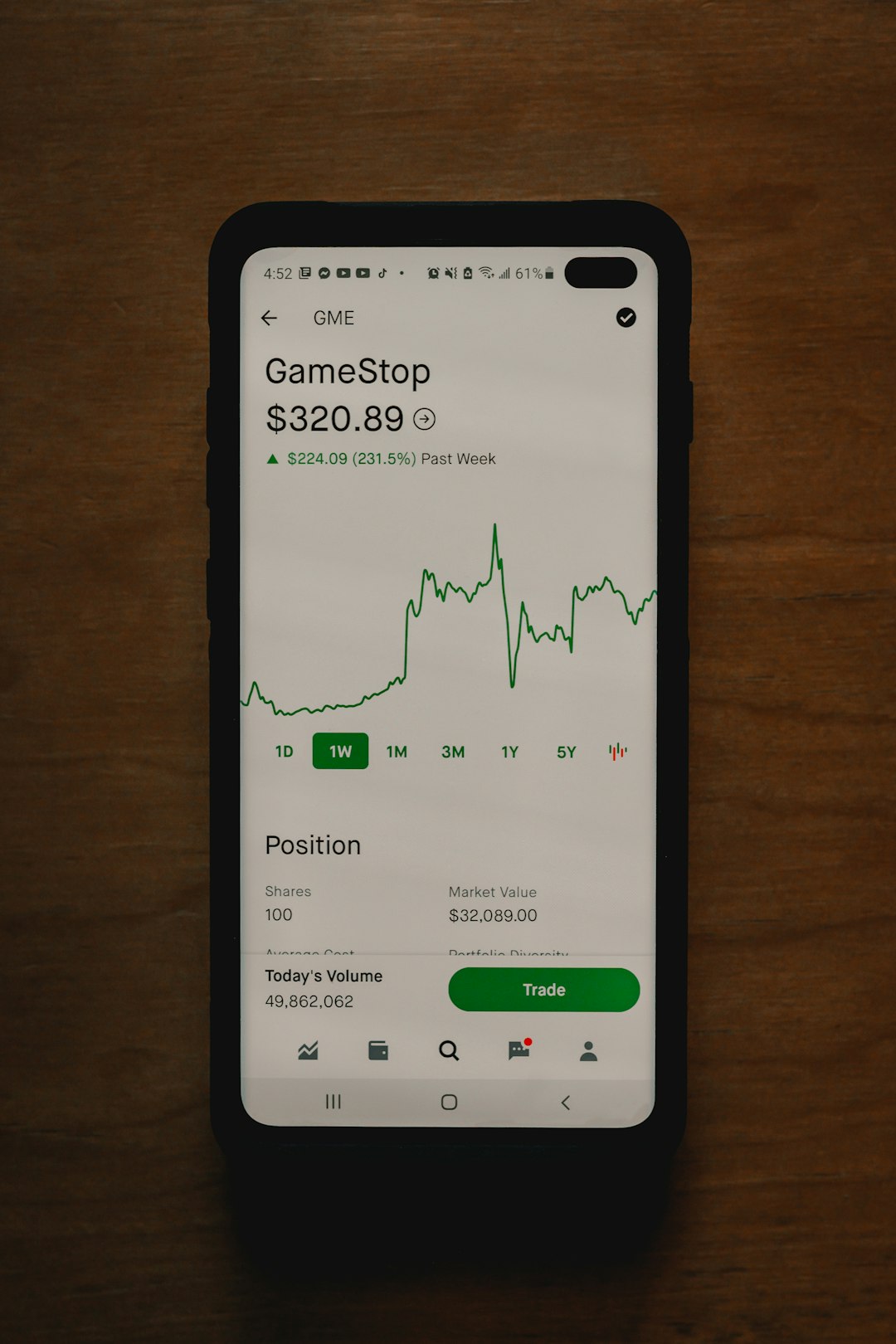High-yield dividend stocks offer relatively high dividend yields compared to the average dividend stock. Generally, I view a high-yield dividend to be above the 4-5% range. Investors can calculate a dividend yield by taking the dividend distribution of a company as a percentage of a given stock’s share price.
Importantly, high-yield dividend stocks offer an attractive source of passive income. The companies that provide high yields tend to have solid long-term earnings and cash flow generation, allowing a more significant portion of their profits to be returned to shareholders.
However, higher yields also correlate with higher risks. Companies that offer very high dividends often do so to attract investor capital in the face of broader business issues. The result is that such dividends can be cut, and may therefore be somewhat less stable.
With that said, let’s dive into three high-yield dividend stocks I’d put in the “buy now and hold forever” bucket.
| ABBV | AbbVie | $152.71 |
| BIP | Brookfield Renewable Partners | $34.16 |
| CCI | Crown Castle | $131.16 |
AbbVie (ABBV)
First on this list of high-yield dividend stocks is AbbVie (NYSE:ABBV). AbbVie is a pharmaceutical giant that focuses on the development and commercialization of therapeutics. AbbVie has a strong portfolio of drugs, which includes its blockbuster drug Humira. As Humira approaches patent expiry, investors have become increasingly hesitant to direct their capital toward AbbVie shares. However, plenty of evidence supports the investment thesis in this stock over the long term, including its dividend yielding 3.9%.
AbbVie stock has been on the decline of late, after posting mixed results earlier in February. The firm’s $3.60 earnings per share were slightly better than expected, while $14.89 billion in sales were somewhat below expectations. Additionally, Humira’s global sales grew by 4.6% in the fourth quarter, but the company expects overall sales to decline by 37% in 2023 as it continues to lose patent protections. The good news is that a 37% decline hovers around the low end of previous expectations that sales would decline 35-55% this year.
AbbVie’s overall 2022 revenues increased 3.3% to $58.05 billion, with Skyrizi’s growth bolstering the firm’s immunology business which Humira leads.
Brookfield Renewable Partners (BIP)
Brookfield Renewable Partners (NYSE:BIP) invests in infrastructure assets such as utilities, transportation, energy, and data infrastructure. The company’s strategy centers on acquiring high-quality assets with stable cash flows that provide long-term value for shareholders. BIP is well-positioned to benefit from the growing demand for infrastructure investments, and is one of few pure-play global infrastructure options for investors.
Brookfield Renewable Partners’ dividend boasts a 4.5% forward yield. That is relatively high, but investors should also note that the company reduced its dividend in 2020 at the onset of the pandemic. However, this was a modest reduction, and I would categorize the company’s dividend as stable.
BIP shares have increased over the past decade, with an average annual return of 19.48%. That means capital invested in the stock would have grown by nearly 6-times, excluding dividends.
The company has done exceptionally well recently with a 3-year revenue growth rate of 28.3%, outpacing 95% of industry peers.
Crown Castle (CCI)
Crown Castle (NYSE:CCI) is a real estate investment trust that owns and operates cell towers, fiber networks, and other wireless infrastructure. Its stock also yields an impressive 4.8%. Crown Castle benefits from the increasing demand for wireless connectivity, boasting a strong portfolio of high-quality assets that generate stable cash flows.
Crown Castle operates over 40,000 cell towers, 115,000 small cell nodes, and 85,000 miles of fiber. The company became a REIT in 2014 and has aligned its business with U.S. wireless carriers to take advantage of the 5G transition.
CCI is a real estate investment trust or REIT. While the term real estate might suggest volatility as the housing market remains unstable, the company is not. Cell tower REITs, including CCI essentially rent infrastructure to wireless providers like Verizon (NYSE:VZ) and T-Mobile (NASDAQ:TMUS). The sector’s relatively centralized and consolidated nature has historically resulted in strong earnings growth over time. Thus, this is a company that isn’t necessarily subject to the same factors as the housing market.
The company’s revenues grew by 10% in 2022, with Crown Castle increasing its dividend by 9%. CCI stock represents a remarkably dependable dividend payer within a REIT industry that could face serious obstacles soon due to a downturn in the housing market.
On the date of publication, Alex Sirois did not have (either directly or indirectly) any positions in the securities mentioned in this article. The opinions expressed in this article are those of the writer, subject to the InvestorPlace.com Publishing Guidelines.
